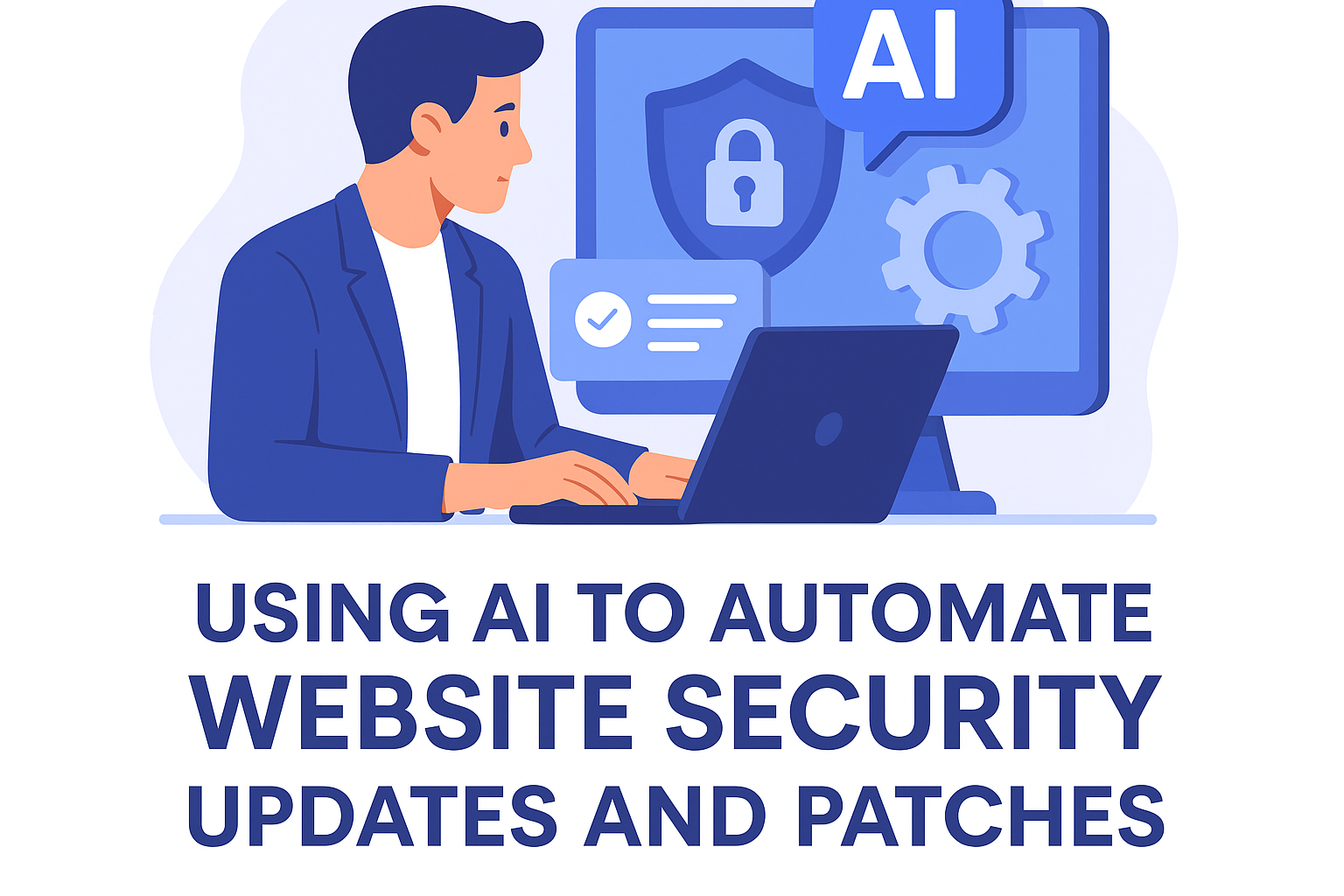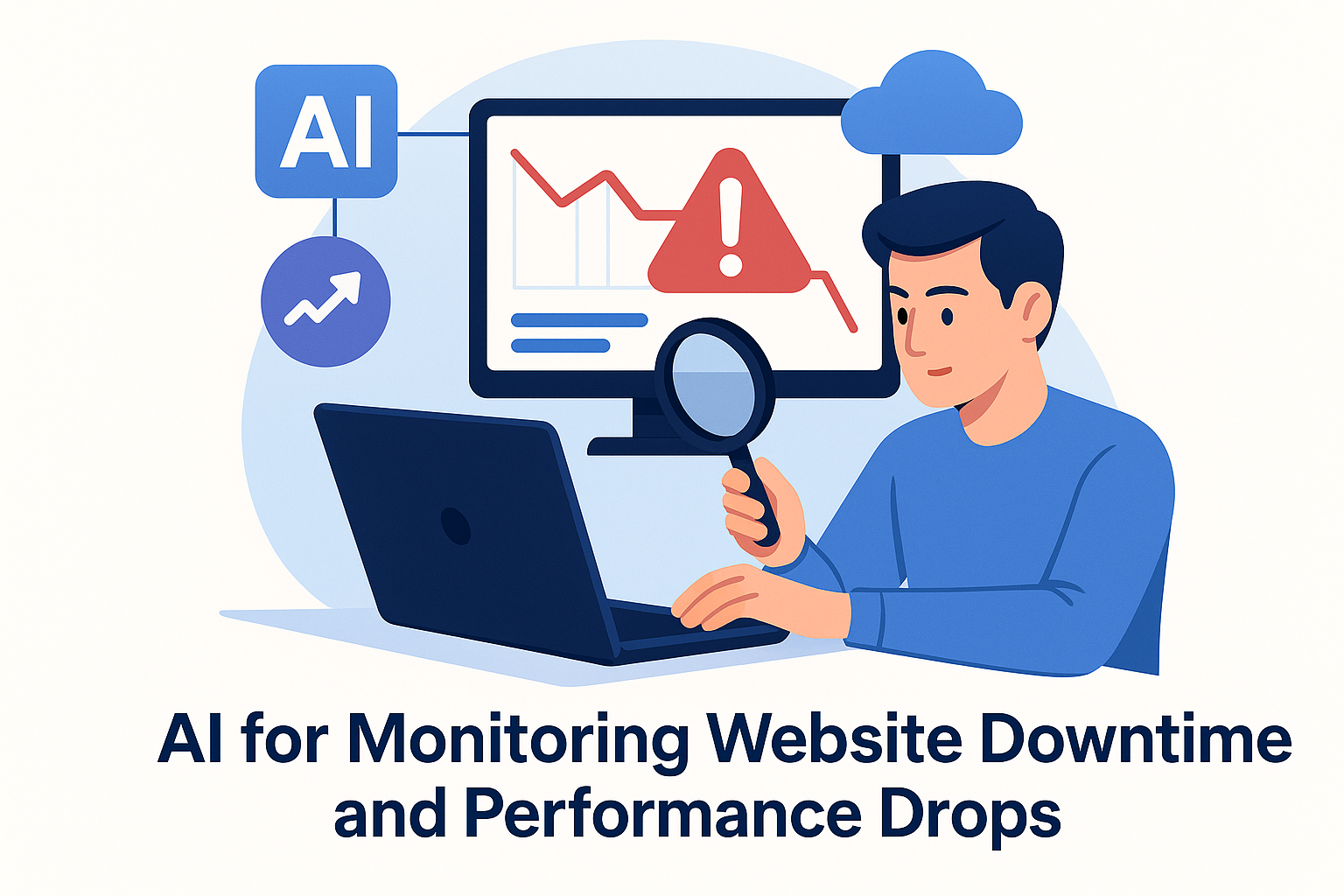Ranking in search engines doesn’t start with writing—it starts with research.
But not just any research. If you’re not targeting the right keywords for your specific niche, you’re wasting time, money, and valuable ranking opportunities.
That’s where AI changes everything.
In this guide, you’ll learn how AI tools—especially DIYSEO GPT and DIYSEO AI Writer—can help you uncover high-value, high-intent keywords tailored to your unique niche, whether you’re in e-commerce, local services, SaaS, blogging, or anything in between.
Why Niche Keyword Research Matters
Most SEO beginners chase high-volume keywords. But here’s the truth:
High-volume ≠ high-value.
If you’re in a specific niche, your best opportunities often lie in:
- Long-tail keywords (e.g., “best CRM for real estate investors”)
- Low-competition search terms that others are ignoring
- Buyer-intent keywords specific to your niche product or service
- Emerging terms that reflect changes in your industry
Identifying these requires deep understanding and pattern recognition—and that’s what AI excels at.
Step 1: Use DIYSEO GPT to Analyze Your Niche
Prompt:
“Analyze my site and suggest 50 niche-relevant keywords with high intent, low competition, and clear business alignment.”
DIYSEO GPT pulls from:
- Your Google Search Console performance data
- Top-ranking competitor content
- Third-party keyword data (via SEMrush, Moz, etc.)
- User behavior and query trends
It then returns a keyword report showing:
- Primary niche opportunities
- Suggested long-tail variants
- Difficulty scores
- Intent type (informational, commercial, transactional)
This gives you data-driven clarity on where to focus your SEO energy.
Step 2: Identify Keyword Gaps
Prompt:
“Compare my current rankings to competitors in [your niche]. Show keyword gaps where I’m not ranking but should be.”
DIYSEO GPT performs:
- Keyword gap analysis to spot untapped terms
- Content gaps where competitors rank and you don’t
- SERP analysis to reveal what’s working (featured snippets, reviews, videos, etc.)
This helps you pinpoint where you’re missing out—and how to catch up fast.
Step 3: Categorize Keywords by Buyer Journey Stage
Prompt:
“Categorize these 50 keywords by awareness, consideration, and decision intent.”
DIYSEO GPT intelligently segments your keywords into:
- Awareness (top-of-funnel): “What is email marketing for authors?”
- Consideration (mid-funnel): “best tools for email list building”
- Decision (bottom-funnel): “buy email automation software for solopreneurs”
This allows you to map keywords to your funnel and match them with the right type of content.
Step 4: Use DIYSEO AI Writer to Create Keyword-Aligned Content
Prompt:
“Write a blog post targeting the keyword ‘best yoga mat for bad knees.’ Optimize for long-tail SEO, voice search, and product relevance.”
DIYSEO AI Writer uses the keyword to:
✅ Generate a complete content outline
✅ Craft headers and subheaders with semantic keyword inclusion
✅ Write clear, engaging, E-E-A-T-compliant body content
✅ Add meta title and description optimized for click-through
✅ Include relevant internal links and FAQ schema
Now you’re not just writing content—you’re publishing niche-optimized assets that Google loves.
Step 5: Track Performance and Refine Your Targeting
Prompt:
“Show me which of my keyword-optimized pages are ranking in the top 10. Identify weak-performing keywords to retarget.”
DIYSEO GPT will provide:
- Performance tracking by keyword
- Ranking shifts over time
- Click-through and conversion data
- Retargeting suggestions for underperforming content
You’ll know exactly what’s working, what’s not, and what to update.
Step 6: Build Links to Your Highest-Potential Niche Pages
Even the best keyword-optimized pages need authority.
Use DIYSEO Link Marketplace to:
✅ Build links to high-intent content (e.g., “best CRM for fitness coaches”)
✅ Filter placements by niche, DA, and audience relevance
✅ Boost visibility for difficult-to-rank transactional terms
✅ Increase trust and domain authority across your topical clusters
Strategic linking + niche keyword content = compounding results.
AI Keyword Targeting Workflow
| Task | Tool | Outcome |
|---|---|---|
| Find niche keywords | DIYSEO GPT | 50+ custom keyword suggestions with data |
| Spot keyword gaps | DIYSEO GPT | List of missed opportunities vs competitors |
| Map keywords to funnel | DIYSEO GPT | Awareness → Consideration → Decision structure |
| Create optimized content | DIYSEO AI Writer | Fully SEO-optimized blog, product, or landing page |
| Track keyword success | DIYSEO GPT | Real-time rank tracking and content optimization ideas |
| Boost authority | DIYSEO Link Marketplace | Targeted backlinks for high-potential pages |
Real-World Example: Winning Niche SEO with AI
Business: Online coaching platform for first-time authors
Challenge: Competing with bigger brands in the self-publishing space
Strategy:
- Used DIYSEO GPT to find niche-specific keywords (e.g., “self-publishing checklist for memoirs”)
- Created long-form blog posts and guides using DIYSEO AI Writer
- Built backlinks to commercial and consideration-stage content with Link Marketplace
- Regularly refreshed keyword targeting every 45 days with AI recommendations
Results:
- 300% increase in organic traffic
- 67% of blog leads came from long-tail keywords
- 8 blog posts ranked in Google’s featured snippets
- Client conversion rate rose by 42%
Final Thoughts
Targeting the right keywords for your niche is how you move from random blog traffic to qualified leads and sales.
With DIYSEO GPT, you don’t have to guess what your audience is searching for. With DIYSEO AI Writer, you can turn those keywords into powerful, optimized content. And with DIYSEO Link Marketplace, you can amplify that content with authority backlinks that Google respects.
The right keywords unlock everything. Let AI help you find them.
Frequently Asked Questions
1. How can AI assist in identifying the right keywords for my niche?
AI can play an instrumental role in keyword research by leveraging the vast amounts of data across the internet to analyze trends, user behavior, and market demands. With AI-powered tools, you can automate the process of identifying relevant keywords that align with your niche. These tools use machine learning algorithms to predict which keywords are likely to be valuable for your SEO strategy by analyzing past search patterns and predicting future variations. Furthermore, AI can help you identify long-tail keywords which are more specific and tend to attract more targeted traffic, thus increasing the likelihood of conversion. Essentially, AI reduces the guesswork and extensive manual research, allowing you to focus more on strategic implementation.
2. What specific AI tools are available for keyword research and how do they work?
There are several AI-driven tools on the market designed to streamline keyword research. Popular ones include Google’s AI-enhanced Keyword Planner, SEMrush, Ahrefs, and Ubersuggest. These tools use sophisticated algorithms that analyze vast datasets to provide insights into keyword popularity, competition levels, and potential new keyword opportunities. They can also deliver insights into which keywords your competitors are using successfully. By analyzing factors such as search volume trends, cost-per-click data, and user intent, these tools can help you pinpoint keywords that not only have high search volumes but also align closely with your audience’s needs and fit within your niche. Some of these AI tools even monitor changes in search trends over time, enabling your strategy to be flexible and adaptive.
3. Can AI help in understanding user intent behind keyword searches?
Absolutely, one of AI’s significant advantages in keyword research is its ability to discern user intent. AI algorithms analyze user behavior and contextual search patterns to determine why a keyword is being searched and what the user is looking to achieve. Understanding user intent is crucial for crafting content that meets the searcher’s needs, thus increasing the chances of user engagement and conversion. AI can categorize search queries into different intents such as informational, navigational, transactional, or local in nature. By understanding the intent, businesses can better tailor their content to meet user expectations and improve their SEO performance.
4. How does AI improve the efficiency and accuracy of keyword research compared to traditional methods?
AI revolutionizes keyword research by automating the entire process, thus saving valuable time and resources. Traditional keyword research often involves sifting through vast amounts of data manually, a task that not only is time-consuming but also prone to human error. In contrast, AI swiftly processes huge datasets, providing more accurate and detailed insights almost instantaneously. AI-powered tools also continuously learn and adapt, meaning they get better and more efficient over time. They can identify subtle trends and shifts in user search behavior that might be missed by the human eye, adding a level of depth and precision to keyword strategy that was previously unattainable. Additionally, AI can generate keyword recommendations based on natural language processing to uncover keywords that reflect how real people talk and think, which is increasingly important in the context of voice search.
5. What role do long-tail keywords play in keyword research and how can AI help in finding them?
Long-tail keywords are an essential aspect of keyword strategy that can drive targeted traffic to your website. These keywords typically consist of three or more words and are highly specific. They tend to have lower search volumes but higher conversion rates, as they are usually used by searchers with a clear purchase intent. AI tools excel at identifying these long-tail keywords by analyzing search data patterns and user behavior to uncover specific phrases that users are searching for. AI can also help predict new long-tail keywords by analyzing emerging trends and consumer insights, allowing businesses to stay ahead of the curve. By targeting long-tail keywords, businesses can reduce competition, enhance their reach to more niche markets, and improve their chances of conversion.



